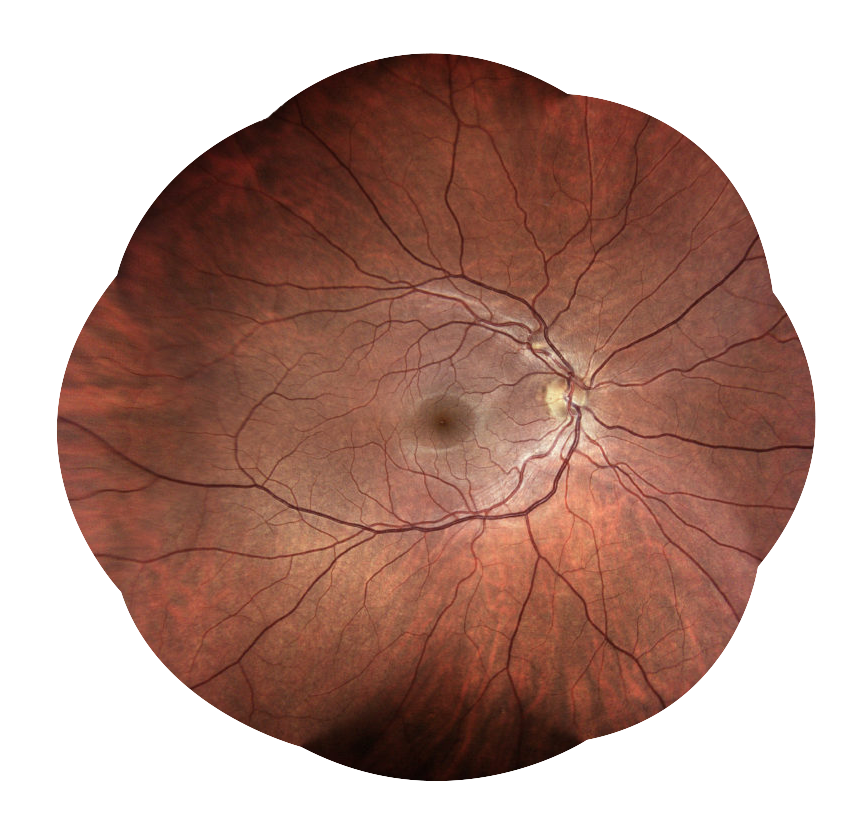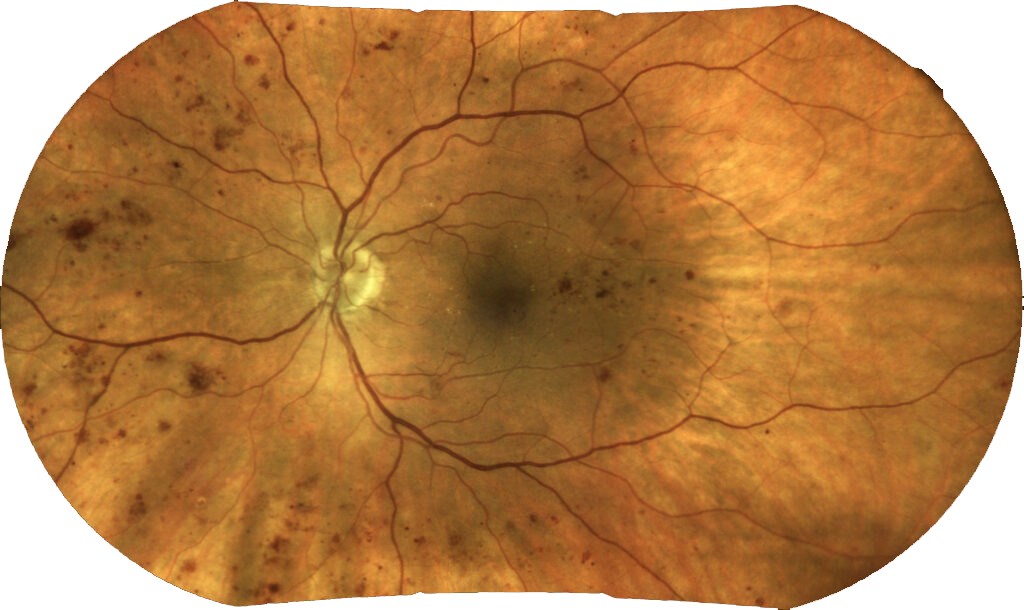
Improving Health Outcomes Through Diabetic Retinopathy Exam Screening
Diabetic retinopathy is the leading cause of blindness. Fewer than 50% of people with diabetes in the U.S. receive screening examinations at appropriate intervals. Early detection and prompt treatment can reduce vision loss by up to 95%.
The Solution: Dr. Anderson offers easy and effective eye diabetic screening eye exams covered through your medical insurance.
Diabetic Retinopathy is the Leading Cause of Preventable Blindness
By receiving a diabetic eye exam, patients with diabetes can receive a quick, convenient and non-invasive retinal exam.
The Problem: A lack of symptoms. Clear Vision can hide diabetic retinopathy.
As diabetic retinopathy develops, you may be completely unaware. In its early stages, there are few noticeable symptoms. You may have minor vision changes that you attribute to getting older, or no symptoms at all.
That’s why, if you know you have diabetes, regular eye screening is an important part of your health management regimen.

What is diabetic retinopathy?

Diabetic Retinopathy is caused when diabetes affects the small blood vessels in the retina. When the retinal blood vessels start to leak the retina becomes thick and swollen. If the leaking happens in the macula, (the central part of the retina), vision will be blurred. If the leaks occur in the periphery of the retina, there may be no impact to vision.
What does a diabetic eye exam include?
After your exam
You’ll receive one of three diagnoses:
1. No indication of retinopathy
2. Mild diabetic retinopathy
3. Referable retinopathy to a specialist
The first two stages don’t require action other than close monitoring. The last stage means you’ll likely need further assessment of your diabetic retinopathy condition to develop a treatment plan.
Please note because your pupils are dilated, you’ll likely be more sensitive to light while the eye drops are active. Bringing a pair of sunglasses may make your trip home more comfortable. You won’t be able to drive home, so bring a friend or family member to drive you or arrange for other transportation.










